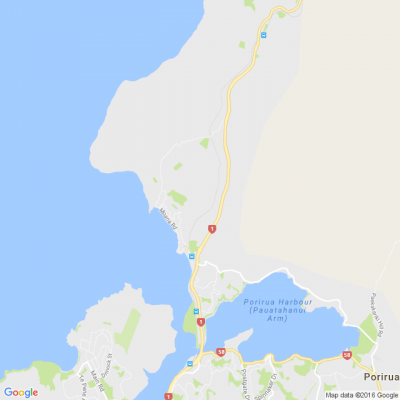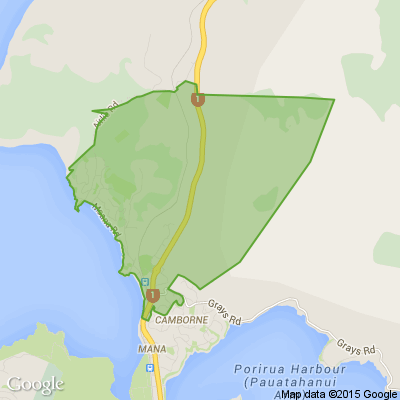Be Very Afraid - the internet is coming to get you!
Be Very Afraid - the internet is coming to get you!
This week our speaker was club member Dr. Mike Scott who has high-level qualifications in computing, and in recent years has become a guru in cyber security. He has just retired from the Todd Foundation, where he managed their security, and will continue to offer similar services as a consultant.
The technology behind the internet was born in the 1980s, and it came to the notice of the general population about ten years later. Mike’s PhD was a study of the impact it might have in the future. He got most things right, he says, but he underestimated how it could be used by criminal elements and evil-doers.
Mike’s talk was detailed and well-illustrated, and frankly, quite scary. We have become dependent on the internet for much of our communication with the outside world, and we use it in making important decisions and transactions. The risks this creates are horrendous.
Some of the world’s best computing brains, and especially those in rogue nations like Russia, Nigeria, and North Korea, are engaged in nefarious activities, and they collaborate with each other via bulletin boards. Most are intent on stealing your money, but state-sponsored hackers are looking to gain political advantage or disrupt essential services in other countries.
Mike gave some examples of spectacular internet thefts, some of which have run into tens of millions, and the tools and techniques that hackers use to invade our security. These are many and varied and on a personal level, it is a challenge to recognise and counter them.
He recommends a best practice, defence in-depth strategy, in which we use protections provided by our software suppliers and the use of strong passwords. Above all, we should be suspicious of incoming material, especially attachments to emails, and requests for private information even those coming from seemingly legitimate sources.
A very sobering talk from an acknowledged expert in his field.

Best way to use leftovers?
I'm sure you've got some excess ham at home or cold roast potatoes.
What are some of your favourite ways to use leftover food from Christmas day? Share below.

⚠️ DOGS DIE IN HOT CARS. If you love them, don't leave them. ⚠️
It's a message we share time and time again, and this year, we're calling on you to help us spread that message further.
Did you know that calls to SPCA about dogs left inside hot cars made up a whopping 11% of all welfare calls last summer? This is a completely preventable issue, and one which is causing hundreds of dogs (often loved pets) to suffer.
Here are some quick facts to share with the dog owners in your life:
👉 The temperature inside a car can heat to over 50°C in less than 15 minutes.
👉 Parking in the shade and cracking windows does little to help on a warm day. Dogs rely on panting to keep cool, which they can't do in a hot car.
👉 This puts dogs at a high risk of heatstroke - a serious condition for dogs, with a mortality rate between 39%-50%.
👉 It is an offence under the Animal Welfare Act to leave a dog in a hot vehicle if they are showing signs of heat stress. You can be fined, and prosecuted.
SPCA has created downloadable resources to help you spread the message even further. Posters, a flyer, and a social media tile can be downloaded from our website here: www.spca.nz...
We encourage you to use these - and ask your local businesses to display the posters if they can. Flyers can be kept in your car and handed out as needed.
This is a community problem, and one we cannot solve alone. Help us to prevent more tragedies this summer by sharing this post.
On behalf of the animals - thank you ❤️









 Loading…
Loading…